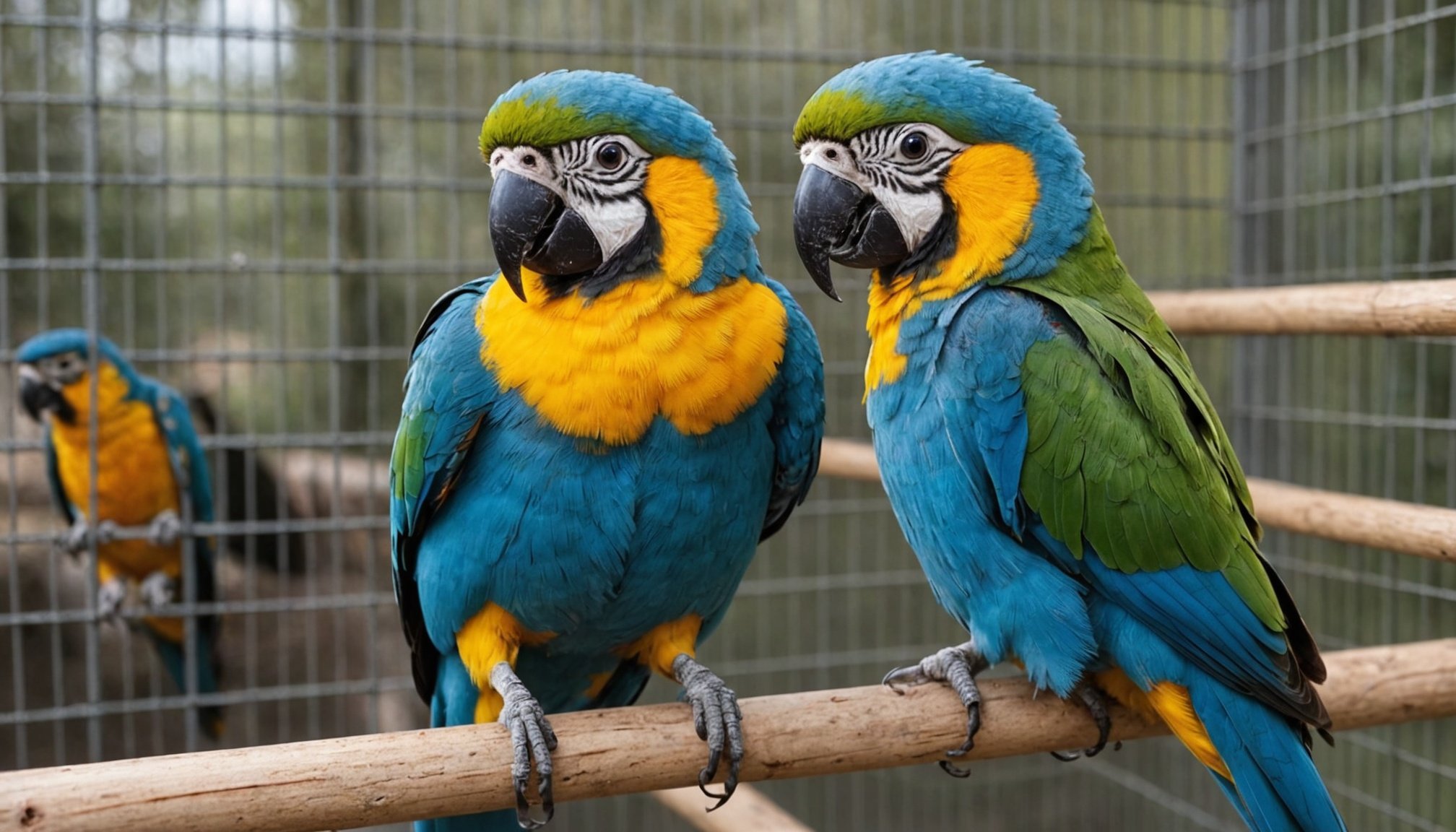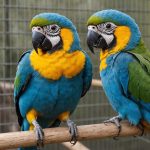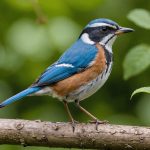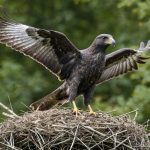Understanding Boredom in Pet Birds
When considering boredom in pet birds, it’s crucial first to recognize common boredom signs in their behavior. Birds, much like humans, can show various indicators when they’re not mentally stimulated. You might observe repetitive actions such as pacing or feather plucking. A lack of vocalization or an unusual increase in screaming can also indicate a bored bird.
With these boredom signs identified, it’s important to delve deeper into the psychological impacts. Boredom can lead to stress, causing your feathered friend to develop unhealthy habits like self-plucking or aggressive behavior. These issues aren’t merely physical but underscore a deeper need for mental and emotional engagement. Ignoring these tendencies can have long-term effects on your pet’s well-being.
Lire également : Key Challenges in Protecting the Endangered Scottish Wildcat Population
Moreover, misconceptions about bird engagement abound. Some owners mistakenly believe that a bird with toys or a spacious cage is adequately entertained. However, this isn’t always the case. Identifying boredom is not just about the environment but also about interaction. Birds need social engagement and variety in their daily lives. Ensuring consistent and stimulating interaction can greatly mitigate the onset of boredom. Recognizing and addressing these needs is vital for maintaining a healthy, happy bird.
Signs of Boredom to Watch For
Understanding the signs of boredom in your pet bird is crucial to their wellbeing. There are several pet bird signals and behavioral changes to be alert to, as they can indicate the need for mental stimulation or environmental adjustments.
Lire également : How to Successfully Introduce a New Cat to Your Dog: Proven Strategies for a Smooth Transition
Physical Signs
Noticeable physical symptoms can signal boredom. If your bird develops unusual sleeping patterns, such as excessive napping or restlessness, it might be a sign that they’re not mentally stimulated. Another alarming indicator is feather plucking or other self-destructive behaviors. These actions often reveal underlying stress or boredom concerns. Finally, a lack of interest in food, especially in birds known for robust appetites, could suggest a need for more engaging activities or stimuli.
Behavioral Signs
Behavioral changes can be subtle but telling. Birds may exhibit decreased vocalizations or mimicry, which are typically activities they relish. If a bird’s usual chatter or song diminishes, it could point to boredom. Repetitive behaviors, such as pacing, are also common signals. Furthermore, if your feathered friend withdraws from social interactions, it might indicate a need for novel activities or attention.
Environmental Signs
Pay attention to their environment as well. Birds may show disinterest in surroundings or neglect toys they’ve previously enjoyed. A shift in grooming habits, from meticulous preening to seeming neglect, can also denote boredom.
Recognizing these signs is key to ensuring your bird maintains a healthy, enriched lifestyle.
Effective Solutions to Alleviate Boredom
Alleviating boredom is critical for maintaining a pet bird’s well-being. Engaging them through interactive toys and socialization techniques ensures both mental and physical activity.
Introducing New Toys
Selecting toys that match the species is paramount. Parrots, for example, thrive on colorful and chewable items, while canaries prefer softer materials. To maintain interest, it’s beneficial to rotate existing toys frequently, providing a diverse range to explore. Consider crafting DIY toys using materials like untreated wood or cardboard, ensuring safety at every step.
Enriching Activities
Scheduled playtime and training sessions foster essential skills and engagement. Foraging activities can effectively simulate natural behaviors, where snacks are strategically hidden to challenge their instincts. Outdoor excursions, under controlled conditions, allow for safe exploration and occasional adventures beyond their usual habitat.
Enhancing Social Interaction
Bonding with owners is indispensable. Establishing a daily routine for interaction solidifies trust and mutual understanding. Arranging controlled social gatherings with other birds can introduce new dynamics and enhance companionship, reducing isolation-related stress. Ultimately, understanding and addressing companionship needs can prevent adverse behavioral issues like feather plucking or excessive squawking, promoting a balanced and enriched lifestyle for your feathered friend.
Expert Insights and Personal Experiences
Understanding bird behavior is crucial for enhancing your pet’s well-being. Avian behaviorists offer expert advice on managing and improving bird conditions. One recommended approach involves utilizing boredom alleviation techniques. These strategies are supported by both behavioral research and anecdotal evidence from bird enthusiasts.
Case studies highlight successful interventions where bird owners applied expert recommendations. In one such instance, owners introduced a variety of interactive toys, which significantly reduced negative behaviors. For example, a bird struggling with feather plucking showed noticeable improvement within weeks of the changes.
In addition to scientific insights, bird owner anecdotes provide real-world context. Many testify to the positive changes they observe when following expert advice. They often mention the increased vibrancy and engagement in their birds after implementing suggested techniques. Such testimonials add a personal touch to the understanding of avian behavior.
Bird owners frequently share how specific alterations, like allocating time for social interaction or environmental enrichment, brought about noticeable enhancements in their pets’ demeanor. These shared experiences, while subjective, complement the findings of behavioral research.
Incorporating these insights not only fosters a healthier environment for your feathered friend but also strengthens the bond between you and your pet. Combining expert advice with personal experiences enriches the approach to bird care.











